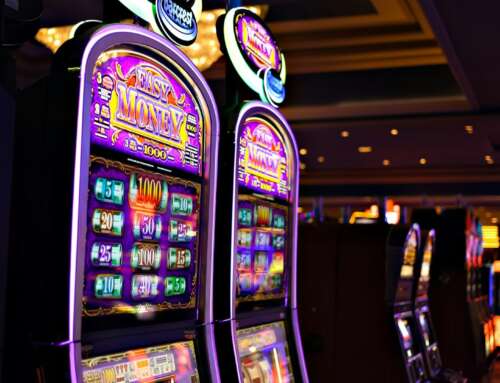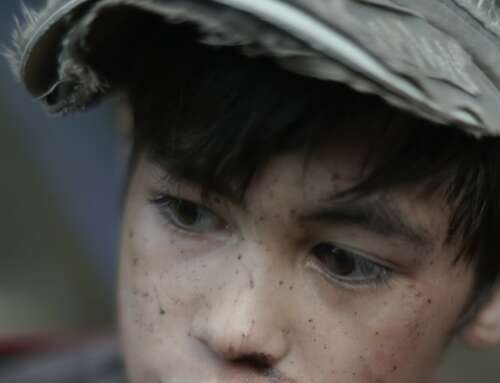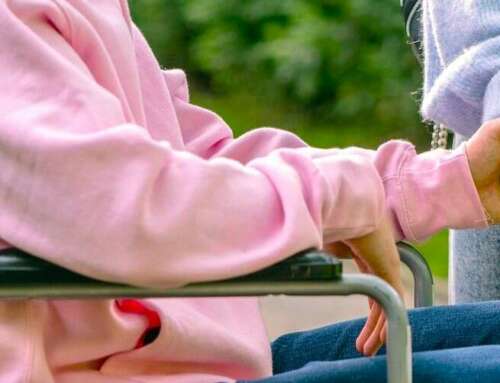The video game monetisation strategy termed ‘loot boxes’ have come under fire from gamers and mental health organisations alike, but rarely from an organisation as well-known or respected as Britain’s NHS.
Claire Murdoch, the mental health director of the NHS, has called for the practice to be banned over concerns that it sets up children for gambling addiction.
Loot boxes are collections of items within video games that are purchased with real money. Players don’t know what exactly they’ll receive in a loot box until they purchase it, and game publishers are only now starting to require games to disclose the vanishingly small odds of receiving the rarest items, after intense regulatory pressure.
This is exactly the kind of risk and intermittent reinforcement that leads to gambling addiction, and has already led to children and young people around the world spending huge amounts on games.
Loot boxes have so far avoided being classified as gambling because officially, in-game items have no monetary value, although they can be sold easily enough on third-party websites.
Some games make lower-value loot boxes available for free, but this brings its own problems of children spending too much time playing, again in the hope of finding rare items.
The NHS is taking these related concerns so seriously that it’s opening a new treatment centre for gaming addiction, as well as up to 14 new centres for gambling addiction.
Read the full article by NHS England: Country’s top mental health nurse warns video games pushing young people into ‘under the radar’ gambling
Image by Esteban Lopez from Unsplash







Leave A Comment